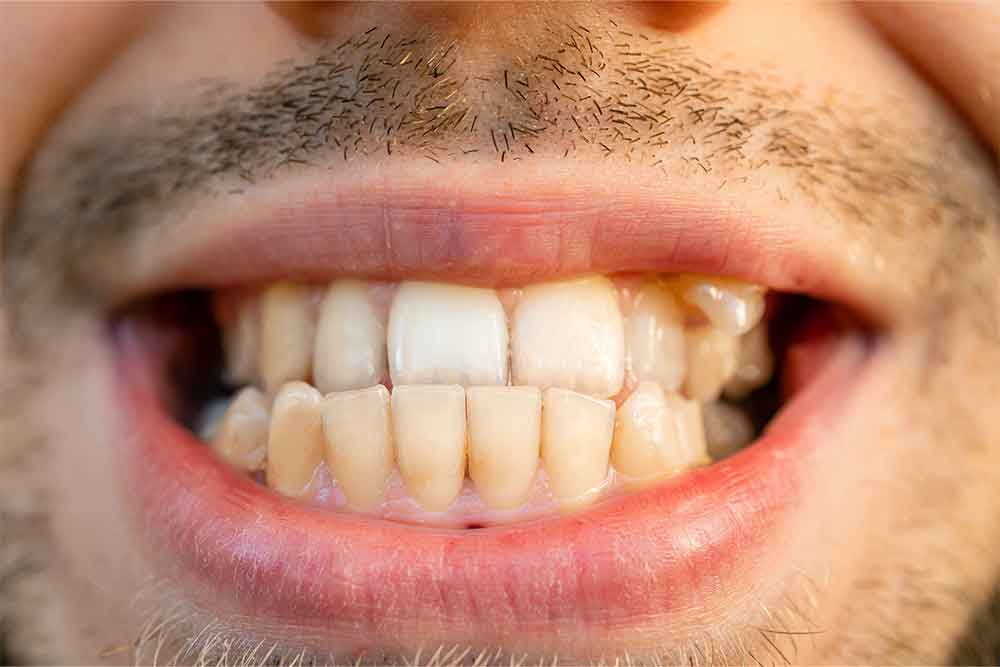
What Is a Crossbite?
There are many reasons people get braces and many things braces are designed to correct. While you may assume braces are mainly to straighten teeth, there are multiple conditions that braces treat. You have probably heard of an overbite or underbite before, but a less familiar term is crossbite. This is something that only affects about 4-5% of the population and in most cases, can be successfully treated with proper orthodontic care.
What is a crossbite?
A crossbite is a condition where your teeth don’t fit over each other when you close your mouth. There are two types of crossbites: anterior, also known as an underbite, when your front teeth overlap your bottom teeth, and posterior, when your back lower teeth overlap your back upper teeth. Beyond it being a cosmetic issue, crossbites can cause damage to your mouth and teeth, resulting in dental hygiene issues. With a crossbite, your teeth are always in each other’s way, which can cause chipped teeth. Your gums can also recede due to the constant friction of the teeth against each other, which can lead to further issues with oral hygiene. A crossbite can also lead to TMD, a painful jaw condition, or pain while chewing.
How do people get crossbites?
There are a variety of causes of crossbites, some of which are caused by poor dental habits and some of which are genetic. Sucking your thumb or using a pacifier too long as a child can lead to teeth movement, which results in a crossbite. Tongue thrusting or poor chewing habits, as well as oral or jaw injuries, can also create crossbites. Genetically, losing baby teeth late or having permanent teeth erupt early can all lead to misaligned bites.
Can a crossbite be fixed?
The good news is, yes, it can be fixed! And most of the treatments are relatively straightforward. When you visit an orthodontist, they will likely suggest one of the following treatments:
Braces: A traditional yet highly effective treatment for crossbite, silver braces or ceramic braces work to slowly realign your teeth and jaw. Depending on the severity of the crossbite, they might be paired with elastics or a removable palatal expander. These work to widen your jaw before beginning braces treatment.
Invisalign: There is also a less visible way to correct your crossbite. Where braces are metal and visible on the teeth, Invisalign aligners are clear plastic and can be removed for eating and other activities.
Surgery: In severe crossbite cases, we might suggest having jaw realignment surgery. This may be done in conjunction with braces, elastics, and expanders, where these treatments are used after the jaw heals from surgery. While surgery may sound intimidating, it can be an effective way to realign your jaw and teeth, resulting in a healthier smile.
If you have a crossbite and have been wondering if you should correct it, there is no better time than now. When you visit Milnor Orthodontics, we’ll provide you with a free consultation so we can review the treatment options and decide on the best path to take for your healthier smile. Contact us today!
At Milnor Orthodontics, our experts are here to help you achieve a priceless smile. Call our office at (970) 484-3214 or visit milnororthodontics.com to learn more. We're located at 1103 S. Shields St. in Fort Collins, Colorado.







